This past Friday and Saturday, I attended the International Conference on Nutrition in Medicine: Cardiovascular Disease, hosted by the Physicians Committee for Responsible Medicine and the George Washington University. Given my love of all things nutrition, for me the event was bliss: I got to hear leading-edge information from experts in the field, meet great people, and eat some seriously delicious food.
Perhaps most importantly, though, I came away from the conference with a sense of hope: We can beat heart disease.
But the answer doesn’t lie in a pill or the heroics of surgery. (Although both may have a place.) Instead, something simpler, humbler, and yet far more powerful is at play.
Food.
Heart disease: A food fight
After 2 days and 23 amazing speakers, the take-away message from the event was this: You don’t have to live with heart disease. While prevention is best, only one treatment has been proven to reverse heart disease in some patients. However, this treatment is controversial. Radical even, to the point that healthcare providers who use it to help their patients risk being labeled as firebrands.
So, what is this miracle treatment?
A low-fat, whole-food, plant-based diet, with or without other lifestyle changes.1,2
While eating that way may not sound too crazy to you, many physicians and dietitians see this dietary shift as “extreme.” (Of course, I think having your chest sawed open for bypass surgery is extreme, but maybe that’s just me.)
In fact, despite mounting evidence in its favor, the simple shift to a low-fat, plant-based diet for heart disease merited only 1 paragraph in my 1,227-page dietetics textbook. I don’t recall it even being mentioned in class.
It’s that far outside the mainstream, at least for now.
Maybe that’s why, as a future dietitian and advocate for evidence-based practice, I felt a sense of relief as I attended this conference. Finally, people were talking about the science of whole-food, plant-based nutrition for heart disease. Finally, they were talking about how eating this way changes lives in clinical practice. How it opens clogged arteries and gives patients a new lease on life. Left unspoken was the inevitable outcome: How it prevents suffering, both of patients and of families whose loved ones would otherwise have been taken too soon.
Now you know why I entered the field of dietetics, and why I advocate for plant-based nutrition.
Learning from the experts
So, who was delivering these messages of hope? Who was talking about the leading-edge science, the power of plant-based nutrition in the clinic? The star-studded lineup of presenters included Dr. Caldwell Esselstyn (of Forks Over Knives fame), Dr. David Katz, Dr. Michael Greger, and of course, Dr. Neal Barnard, amongst many others.
Speaking of hall-of-famers, my friend Jenny and I even managed to get a picture with Dr. Kim Williams.
If you aren’t familiar with Dr. Williams, he’s not only a professor of medicine and cardiology at Rush University, but he’s the current president of the American College of Cardiology and a vegan for his own heart health. That means he’s in a position to advocate for the lifesaving power of plant-based nutrition among the doctors on the front lines of the fight against heart disease.
Food and fun
Of course, the conference wasn’t purely academic. For starters, the plant-based meals were delicious:
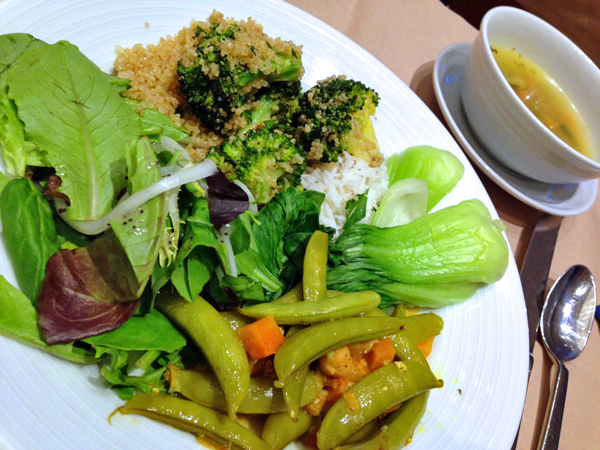
Spring greens with poppy seed dressing, roasted broccoli & quinoa salad, rice, bok choy with coconut snap peas & carrots, and spring minestrone (minus the pasta, for me)
What’s more, I met some wonderful people: physicians and dietitians, along with patients who’d recovered from heart disease by eating plants. There was even some time for goofing off in the Physicians Committee photo booth:
In the end, it was a wonderful 2 days. I learned an immense amount about the interaction between diet and heart health. Most importantly, though I came away both hopeful and invigorated in my pursuit of evidence-based, plant-powered nutrition.
Want to learn more about heart health? Check out these 5 surprising heart health tips, straight from conference speakers.
For details on a heart-friendly, plant-based diet, check out this fact sheet from the Physicians Committee.
Shared on Healthy, Happy, Green & Natural.
References1. Esselstyn CB Jr, Gendy G, Doyle J, Golubic M, Roizen MF. A way to reverse CAD? J Fam Pract. 2014 Jul;63(7):356-364b. Full article here.
2. Ornish D et al. Intensive lifestyle changes for reversal of coronary heart disease. JAMA. 1998 Dec 16;280(23):2001-7. Erratum in: JAMA 1999 Apr 21;281(15):1380. Full article here.

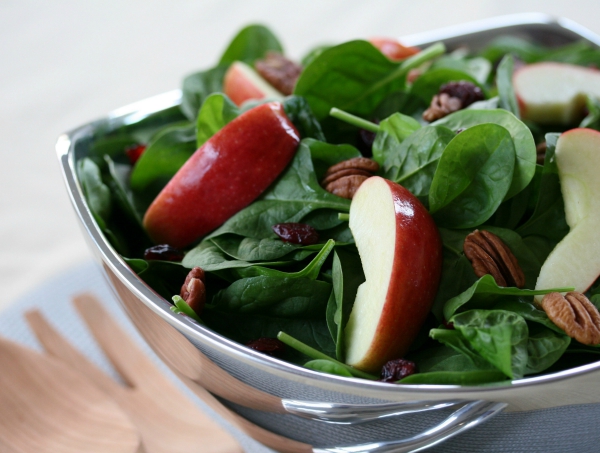
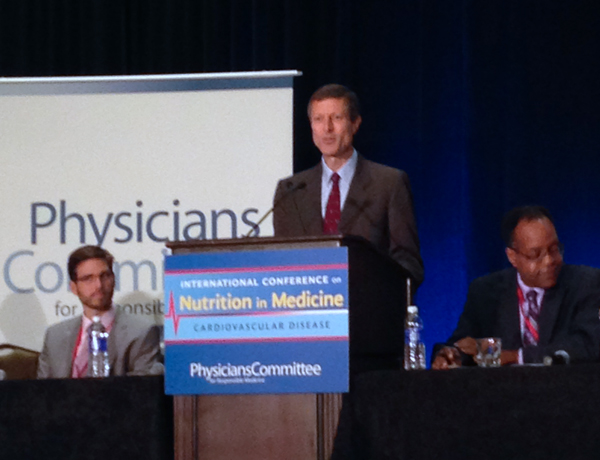
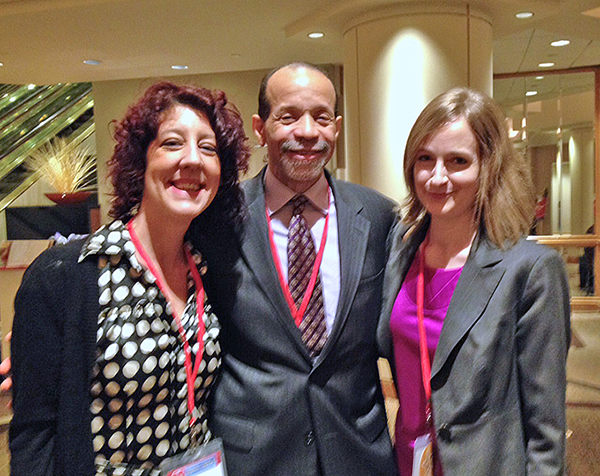
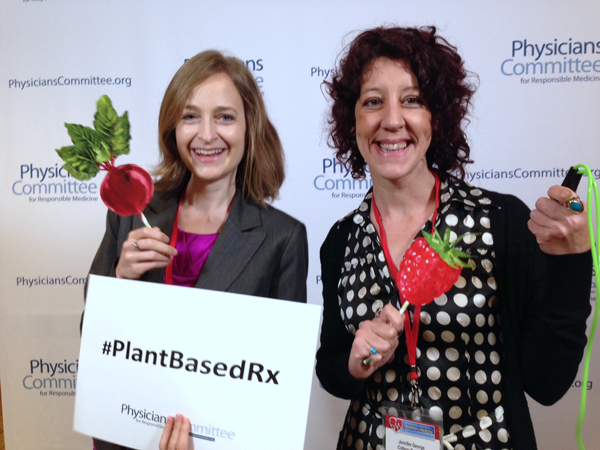
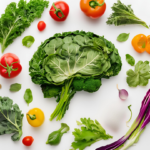
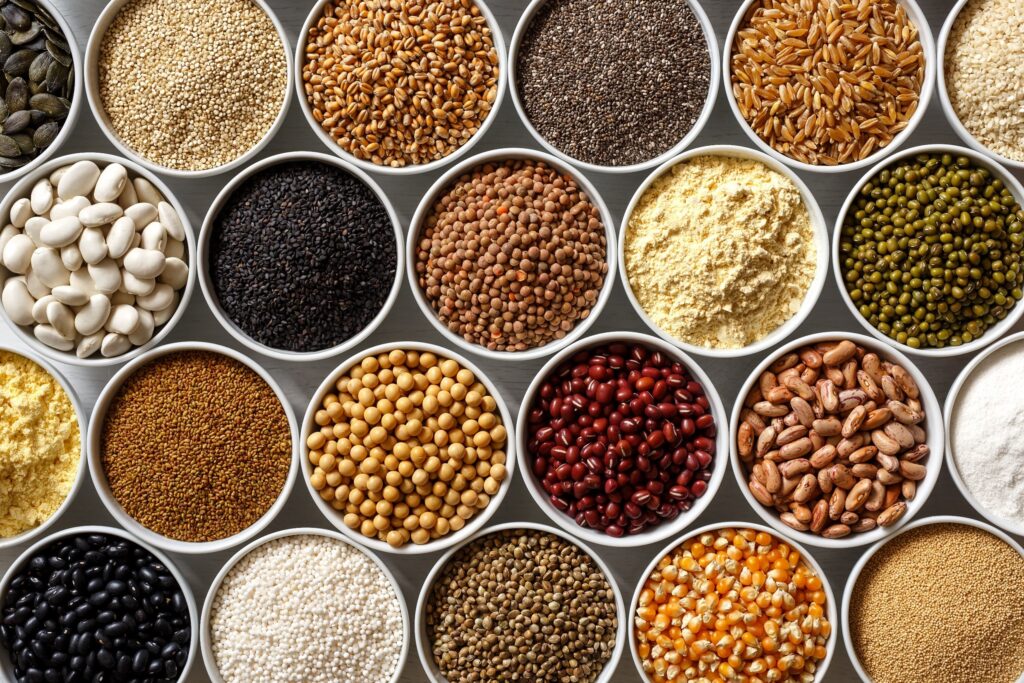

 I'm Lee, an RD thriving on a healthy plant based diet.
I'm Lee, an RD thriving on a healthy plant based diet.
I made a commitment to change my diet many years ago to a lower-fat, whole-food, plant-based diet, to avoid the illnesses that plagued my older family members. It really made a difference. And it truly is fun and delicious! Thanks for sharing ‘Hope for Heart Disease: Reflections from the Physicians Committee/GWU Conference’ with us on the Healthy Happy Green and Natural Party Blog Hop. I’m pinning and sharing.
Thanks for sharing your reasons for going plant-based, Deborah. I’m always curious to hear why people make the switch! I went low-fat, plant-based for breast health, but the diet really does seem to help prevent many other chronic health issues too! (Although temporarily I’ve had to dial back even on naturally occurring sugars and starches and eat a little more whole-food fat, but only as long as is needed to get this yeast overgrowth situation under control.)
How great that you got to attend this conference. I can’t believe you got to hear Dr. Esselsteyn & Dr. Barnard. You lucky duck! Thanks for sharing all of this awesome info. I really do feel like my ticker got healthier since going vegan, it’s a definite plus =)
Thanks Kimmy! We’ll have to find a conference in Cali where they’re speaking and meet up some time!